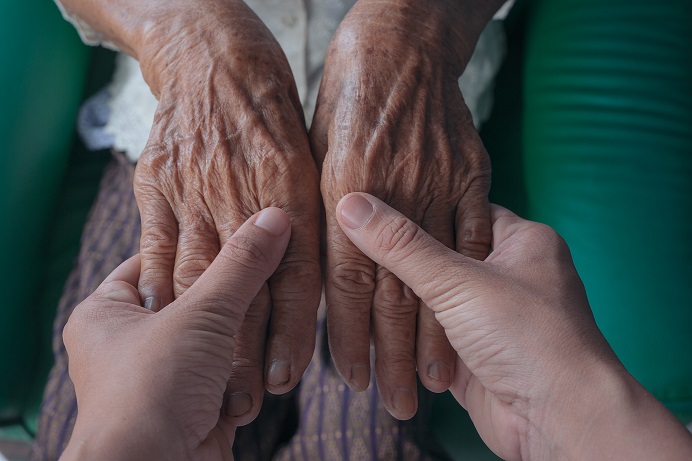If the curfew is lifted on Monday, 27th as indicated by the government, the question on all our minds (and I direct this article to only those who read it), would be - whether to go out or stay in.
The question is not a stupid one, as it would then be in our hands to decide what we want to do with this virus and how we want to act. If only one had surfed the net during the lockdown or caught the various reports on channels like DW, PBS, and the BBC, (where there is a semblance of objective reporting), or even the offbeat interviews going on with the help of Skype and Zoom on the health and safety aspects of COVID-19, one would see that even though the problem is common to all of us in the world, the way each country handles at it is different. And it can range from the sublime to the ridiculous!
Little Known
The main reason for this is, there is still very little known about this strain of the coronavirus. The latest reports point to some scientists in China, who found 33 mutations of the virus, which is a red flag for vaccine developers. No one knows at this stage what the best option is to battle it. Most countries have gone for the lockdown option.
Sweden is one country that is taking a more liberal approach. They are allowing a semblance of normalcy and interaction between person to person as they consider it good sense in dealing with it rather than taking a totalitarian approach. They believe that the total alienation of the population, one to one, might be counterproductive in dealing with the virus. They are of the view that they could achieve herd immunity by exposing the population to COVID-19. Us Sri Lankans who remember the 60s and 70s would recall, when one sibling got the chicken pox, parents would usually put all the children together so they would all get it at the same time and develop immunity to it.
Old People
However, even though this system might be scientifically sound, it has its downsides. As Sweden itself has experienced, the mortality rate in their elders’ homes has been phenomenal. But although Sweden’s death rate is high, they consider it good news that the virus is hardly impacting their young people and children. The reason behind Sweden taking this course of action is because the Swedish government and administration differ from the way many other countries in the world. Their local authorities and line ministries, once appointed, have full autonomy to decide based on facts rather than emotions and as yet, there isn’t enough factual evidence to warrant a total lockdown they say. In the absence of this evidence, Sweden doesn’t believe they should curtail the liberty of their people or cripple their economy.
Looking at the lockdown formula, it has already been proven that there can be a second wave of the virus when systems are opened up and the best examples are Singapore and Hong Kong.
Value Systems
The question now is, what do we here in Sri Lanka do when the curfew is lifted? This writer would like to throw in some theory i.e. while factual arguments always seek to show that their conclusions match physical reality, evaluative arguments seek to show that their conclusions match the value system. Based on the many interviews I have viewed on this subject, particularly on how Sweden looks at solving the issue, one thing becomes clear. They look at older people as an obvious casualty in this war - their aged population is just a statistic and may have to die for the greater good. I believe it is not mere facts that we go on here in Sri Lanka, we also have a value system connected to our beliefs.
Therefore, whatever the decision we make - whether to go out and interact with others after the curfew is lifted, or whether to stay in - we have to weigh the risks, take precautions, and be aware of the consequences of our actions. Sri Lanka has taken the lockdown path, and now there is no going back. We cannot suddenly start thinking of herd immunisation because that would only lead to chaos.
Same Caution
So, even if we are leaving the boundaries of our quarantined homes, we need to operate with the same caution which is social distancing, adhering to hygiene rules like washing hands and wearing masks and not getting into buildings with air conditioning, etc. And not going out if it is unnecessary.
Whether we find a vaccine for this virus is another matter; even if it is, it would take time to trickle down to a country like ours, it would take a lot longer than it would to a developed country.
Grandparents
The way we look at life and the vulnerable in our country are culturally and socially different. Grandparents are important to us, they are not just a statistic. For a majority of this country, they live in an extended family system, which means, even if younger people who get exposed to the virus do not get sick, they could be carriers who infect the old.
But while our ways might be different culturally, there is one important thing we can learn from the Swedes. Their authorities ask them to act with responsibility and maturity, and they understand the need for this and comply. This is the need of the hour, we need to be responsible and mature if we are to fight this unknown enemy.
Cover Image - Designed by jcomp / Freepik



